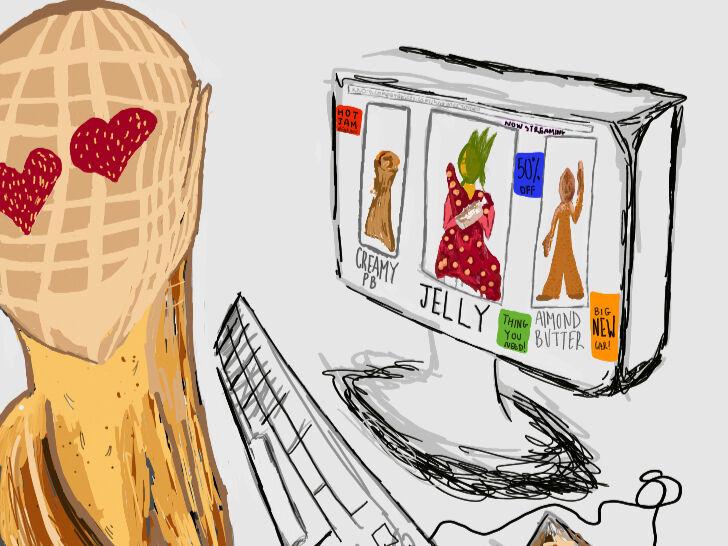“Reality” dating shows have staked their success on a beautiful myth. The fantasy that there is someone out there perfectly made for you, but by some mistake of the universe, you haven’t met them yet. Dating apps have profited from this same delusion — that relationships can be formed remote from the constraints of daily life.
When the reality show couple inevitably breaks up, we aren’t shocked. We might pretend to be; their chemistry was so undeniable, right? You’ve never seen two people more head over heels; they were like teenagers in love.
In my case, watching The Bachelor in high school, you could always tell by the hometown dates and the uncanny performance of mundanity within the setting of a franchise television program.
Suppose I extrapolate the unsettling experience of watching Nick Viall attend a predominantly Black church to the torture of meeting someone on a vacation or the decision by some individuals to set their dating app locations to another city or country.
In that case, the psychology is a dead horse beaten.
Love and attraction are two very different things. Perhaps our society has been starved for so long that we’re beginning to confuse the two, but a loving relationship can’t be formed without considering class and cultural differences. Certainly not without seeing a person in their regular environment, practicing their daily habits.
To clarify, texting about daily habits over the apps isn’t the same as seeing them in real life. Before entering the dating sphere, you might draft a list of wants from your potential partner. You want someone who exercises regularly, is driven and cares for themselves. It might impress you to receive texts at 6 a.m. post-workout from the person you met on Hinge.
Will it impress you down the road when you have to hear them making protein smoothies at 6:15 a.m.?
Maybe you want someone intelligent and well-versed in current events. You’re tired of dating idiots. Do you really want to have a news round-up at dinner every night? Are you ready for the conversation to always lead back to the current administration?
This long-winded series of Socratic questioning aims to make you consider whether your ideal person is just that — an ideal. The personification of traits you lack cannot be transmuted into signs of compatibility. Socioeconomic conditions will naturally influence an individual’s personality and way of interacting with the world, including dating.
No study claims that two people who grew up in opposing classes can’t be in a relationship, but plenty of studies suggest they will have different values. These pathologies can be related to attachment theory, which indicates that a child’s initial relationship with their caregivers will affect their development and ability to form bonds.
A decade before Bowlby’s work on attachment theory. An American sociologist, Melvin Kohn, published “Class and Conformity.” His work aimed to discover how class conditions affect a person’s personality, specifically their values.
One may be naive to assume that similar values are the hallmark of compatibility. At the very least, I hope people consider it when entering relationships. Unfortunately, I don’t remember a conversation I’ve seen on television that was more substantive than who would move in with whom. Nary an utter of “Are we raising our children with religion?” Let alone, “Would you stop working to raise children?”
The insanity of getting engaged on television seems evident to most of the population, but can we say we’re any less fantastical with our dating aspirations? Sure, high standards are necessary, but status markers and standards are two different things. On the flip side, the depth associated with someone who faced significant adversity doesn’t automatically equal emotional intelligence or maturity.
Realistically, you have to look at actions and how similar those actions are to yours. Not how you want to act or how you want them to behave, but now in the present. I’ve asked enough questions; I want you to ask yourself: Does this person live a life similar to yours? Does their future life look like the one you, as an individual, see for yourself, regardless of whether they’re in the picture?
Answer honestly, and I think you’ll find the kind of love formed in a bubble always pops.














